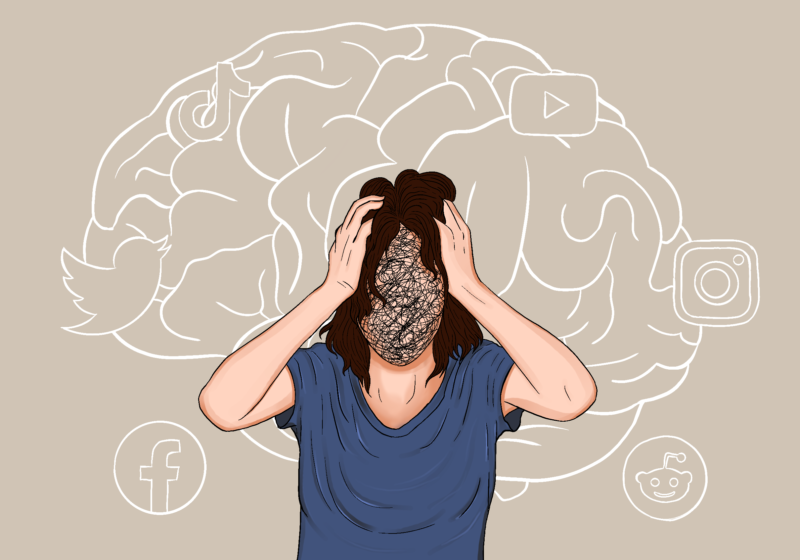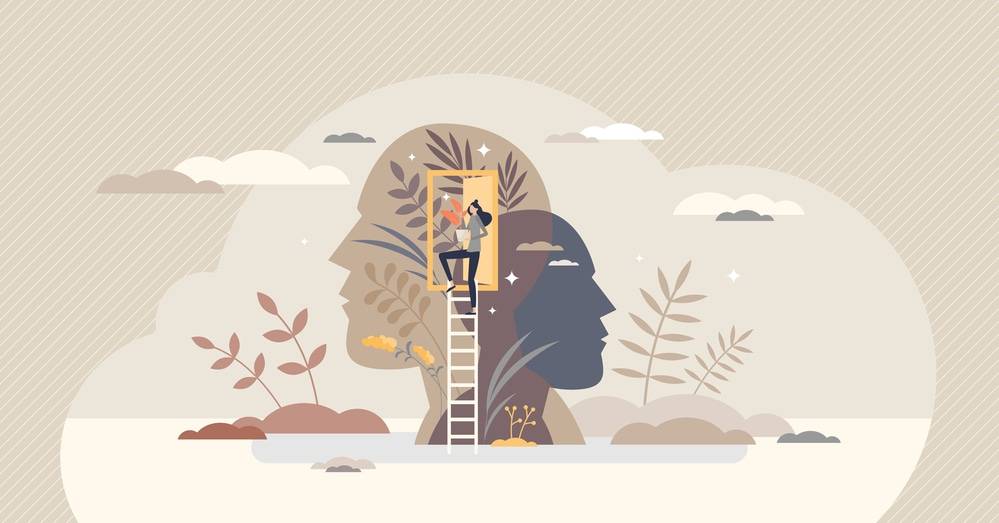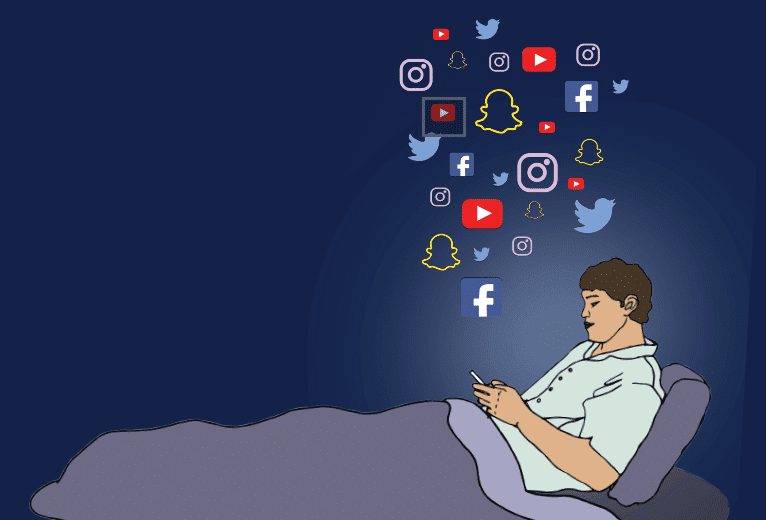Mental health includes our emotional, psychological, and social well-being. It affects how we think, feel, and act. It also helps determine how we handle stress, relate to others, and make choices. Mental health is important at every stage of life, from childhood and adolescence through adulthood. However, there are often significant misconceptions related to mental health. Here are five common mental health misconceptions.
You are either mentally ill or mentally healthy
Similarly to physical health, it is inaccurate to suggest that someone is 100% mentally healthy. Many different factors can affect someone’s mental health, and these can vary significantly in the severity of the impact these have on a person’s overall state of mental health. It is not a simple case of being either mentally ill or mentally healthy; we all have good and bad days.
Men don’t suffer mental illness
A common misconception is that men are less prone to suffering from mental health issues than women because they are generally physically stronger. In contrast to this assumption, male suicide rates are about three times higher than those of females. This is often intensified by the fact that many men do not like to talk to someone when they are suffering from mental health issues.
Mental illness is rare
Many people suffer from mental illness and often feel like they are alone; however, the reality is that this couldn’t be further from the truth. One in four people will experience a mental health problem in any given year, so there is no need to feel isolated if you are going through this.
Mental illness often leads to violence
The majority of people suffering with mental illness are no more likely to be violent than any other member of the public. In fact, those facing these issues are ten times more likely to have been a victim of violence.
Mental health problems are a sign of weakness
Perhaps the biggest misconception for mental health is that those suffering with mental illness must be weak. Many people feel that they cannot express their concerns because of this stigma. Fortunately, this way of thinking has started to change over the past 20 years, but there is still a long way to go.









